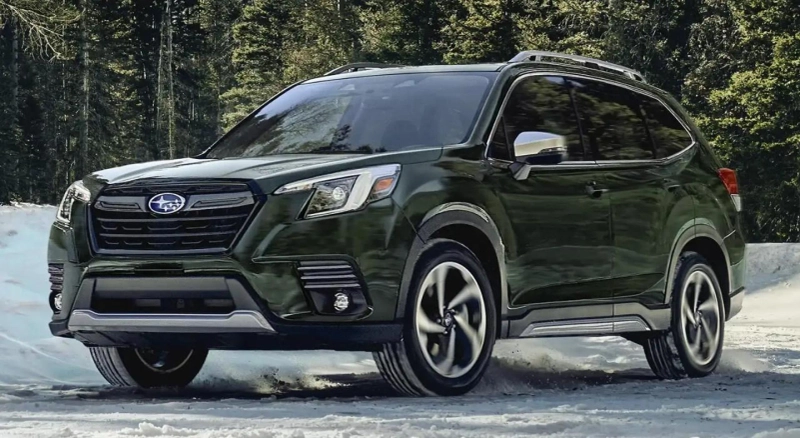Are you a Subaru Forester owner facing issues with your vehicle? You're not alone. The Subaru Forester is a popular choice among drivers, known for its reliability and versatility. However, like any vehicle, it can experience common problems that need attention.
In this detailed guide, we'll delve into the most common Subaru Forester problems and provide practical solutions to help you resolve them. Whether you're dealing with transmission troubles, electrical system glitches, suspension concerns, or engine troubles, understanding these issues and knowing how to address them can make a significant difference in maintaining your Forester's performance and ensuring a smooth driving experience.
Understanding the Most Common Subaru Forester Problems
Transmission Troubles: One of the most frequent complaints among Subaru Forester owners is transmission problems. Symptoms include jerky gear shifts, delays in gear changes, or even transmission failures. To address this, consider regular transmission fluid checks and flushes, along with timely repairs if issues arise.
Electrical System Glitches: Another common issue involves glitches in the electrical system. These can manifest as problems with lights, power windows, or the stereo. Inspecting fuses, and wiring, and seeking professional help for complex electrical issues can resolve these glitches.
Suspension Concerns: Some Forester owners report issues with the suspension system, leading to a bumpy ride or handling problems. Replacing worn-out suspension components and scheduling regular inspections can improve ride quality and detect problems early.
Engine Troubles: Engine-related complaints, such as oil leaks, overheating, or misfires, are also prevalent. Monitoring oil levels, addressing leaks promptly, and seeking professional diagnosis and repairs are crucial for engine health.
Practical Solutions for Subaru Forester Problems
Now, let's delve into practical solutions for addressing these Subaru Forester problems:
Regular Maintenance: Follow the manufacturer's recommended maintenance schedule for fluid checks, inspections, and tune-ups. This helps prevent Subaru Forester problems keeps and running smoothly.
Professional Inspections: Schedule regular inspections with a qualified mechanic to detect early signs of problems. Prompt diagnosis and repairs can prevent more significant issues and costly repairs.
Fluid Leaks Repair: Address fluid leaks promptly by identifying and fixing the source of the leak. This may involve replacing seals, gaskets, or damaged components.
Transmission Flush: Consider a transmission flush if recommended by your mechanic or as part of routine maintenance. Flushing old fluid and replacing it with new fluid can improve transmission performance.
Electrical System Check: Inspect fuses, wiring, and electrical components regularly to identify and fix any issues promptly. Seek professional help for complex electrical problems.
Suspension Maintenance: Replace worn-out suspension components and schedule regular inspections to ensure optimal ride quality and handling.
Engine Health: Monitor oil levels, address leaks promptly, and seek professional diagnosis and repairs for engine-related issues to maintain optimal performance.
Conclusion
In conclusion, addressing the most common Subaru Forester problems requires proactive maintenance and timely repairs. By understanding the symptoms and implementing practical solutions, such as regular fluid checks, professional inspections, and prompt repairs for leaks or electrical issues, you can enhance your Forester's reliability and performance.
Remember to schedule regular maintenance appointments with a qualified mechanic and stay informed about common issues to address them promptly. With these proactive measures in place, you can enjoy a smoother driving experience and prolong the lifespan of your Subaru Forester for many more miles of adventure on the road ahead.


